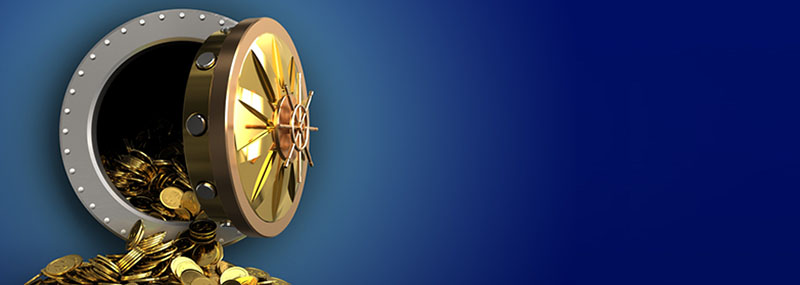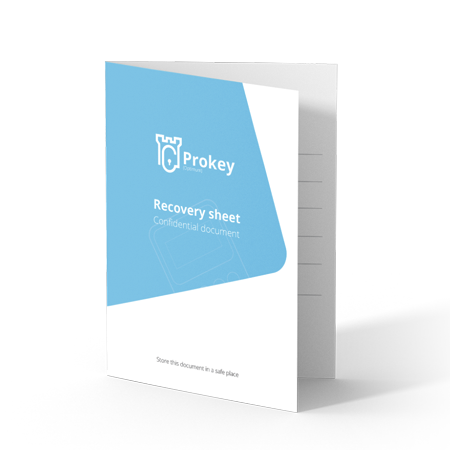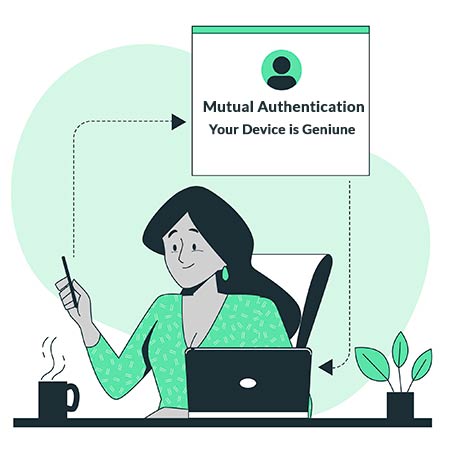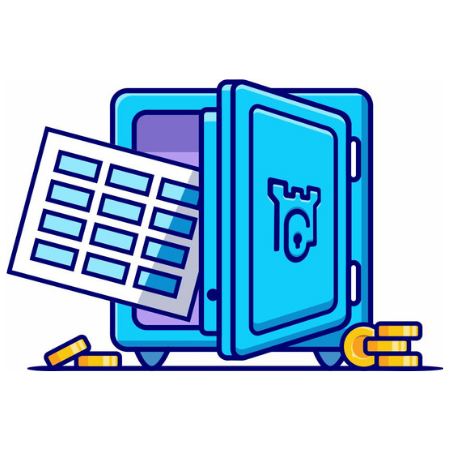How to Keep Your Cryptocurrency Safe


Ever since the pronounced growth of the crypto market in 2017 (and onwards), we should expect it to have exponential increment in the years to come. Despite the speculation and prediction of experts on the behaviour of the market, it still behaves in an unprecedented way. Since trading, or in this case trading cryptocurrencies, is ever-so-risky, throwing out educated and info-driven predictions of the crypto market is going to be tough. The technology behind cryptocurrency, blockchain, is still fairly new to the general public and thus used interchangeably with cryptocurrency. This renders the general public to recognize the fundamentals of cryptocurrencies in an unclear fashion. However, in spite of this general confusion, people still trade cryptocurrencies in huge volumes. The 24th July 2018 report from Bitfinex tells us that in merely 24 hours, a volume of $720,204,653 has been traded. We could only see this as a fact that the enthusiasm of people trading cryptocurrencies is also matched by the volume of it.
In this article, we are going to approach the undeniable fact that with great trading volumes come equally great responsibility of handling them. We will attempt to elucidate the safety and security of your crypto investments by providing and highlighting practices that are best put into play when concerning cryptocurrency.
Trust Only Yourself. Not Anyone Else. Not Any Exchange.
With a great amount of crypto, comes great responsibility. You may not be Spiderman but you can be Safeman. Okay that may not be as funny as we want it to be but we are serious about keeping your cryptocurrency safe and secured. Never leave your coins in an exchange because it's bad practice. We have seen numerous occurrences of exchanges being hacked and compromised and witness millions of crypto just disappear. For every mishap that we witness, we must draw learning from it and act responsibly and accordingly. There have been claims that exchanges keep cryptocurrencies on cold storages but it has been proven that they don't keep 100% of them and you really don't want to depend on that kind of "transparency". So, keep your coins off exchanges and manage them with a hardware wallet like Prokey Optimum, which is the easiest hardware wallet to manage cryptocurrency
The 2FA Feature is Your Best Friend.
You can never be too safe and too secured when concerning cryptocurrency. Hackers and attackers are always finding new ways to get access to your accounts and subsequently access to your hard-earned coins. Enabling the Two-Factor-Authentication security feature will grant you double security due to one-time-passwords (OTP) sent to the registered mobile phone for authentication. As long as you have your mobile phone with you, then you shouldn't worry about hacks and attacks happening.
Be Wary of Suspicious Emails/Ads/Links.
Do you know what ponzi schemes are? Do emails asking you to transfer a certain amount of money so that you can get quick returns sound familiar? Ponzi schemes are automatically considered as spam by your email service provider. You have to make sure to not fall for these traps. There are people out there who would raise hell and fury to get any amount of your money. They will induce fear and pity in the emails that they send, often asking and persuading you to click on the links or pictures in said emails and often those clicks will lead to viruses and malwares being unknowingly downloaded onto your computer and with those kinds of infections, your coins (and other personal assets) will be prone to compromise.
Public Wifi Hotspots Are Your Privacy's Worst Enemy.
When you connect to an open, unsecured wifi, you allow yourself to be easily tracked. This means you are giving up your privacy to access the Internet. Though we understand that public wifi connectivity is sometimes hard to resist but we advise you that if you really have to connect to a public wifi, refrain from opening anything confidential. This includes your crypto wallets and accounts. When accessing emails, bank accounts, and anything concerning your crypto coins, do it over protected wifi.
Different Accounts, Different Passwords.
It has never and will never be a good idea to have the same password for all of your accounts. Be it your social media accounts or your crypto accounts. Once a hacker gets a hold of that one, single password, then all of your accounts will be compromised. It is recommended for you to have strong passwords that consist of uppercases, lowercases, special characters, and numbers. Though it may not be impossible for a hacker to figure them out, it will take them a long period of time to do so and most of the time they will not take up the hassle. We know remembering intricate, strong passwords is difficult to some but you can always write them down. We suggest not writing them down on anything electronic, which includes your mobile phones and computers. We also suggest for you to encrypt your written-down passwords.
Back It Up or Lose It All.
When it concerns sensitive data and information, having a backup, or rather yet, having multiple backups to the data and information is an educated choice. We suggest having the data backed up in the form of binaries so that when it is lost, it cannot be recovered by someone else.
Have a Lookout for Typos.
If you are new in the crypto market, you would notice that crypto wallets have very long and complicated addresses. Though copy-pasting these addresses are easy to do, make sure to cross-reference them in case of typos. This will be put in great effect if your computer has a virus that alters the addresses, rendering you just sending your precious coins to someone other than your intended recipient. Always double-check.
Don't Show Off Your Private Keys.
Of course it's something you feel like you want to brag about if your private key houses a lot of Bitcoin but we don't want an Iron Man 3 mishap to happen. Keep your private keys private, people. Anyone, and we mean anyone, with access to your private keys will also have access to your private funds and coins. Our Prokey devices stores your private keys on the device itself, making it near-impossible to access.
Best Offense is Best Defense.
No matter how powerful you think your computer is, it is rendered useless if it is constantly under virus and malware attacks. These can come from a variety of sources. So, you will only have the most powerful computer if it is properly protected. Securing your computer with a legitimate antivirus/antimalware software will help you in protecting any form of transaction or operation you make in concerns of your cryptocurrency.
So, these are some of the best practices that we can give you to keep your crypto safe. If you already knew most of these practices, then good on you. If you discovered new things and learned something from this article, we're happy you did. It is the responsibility of all of us to impart the knowledge that we have onto others so that we all and grow as a community and a community that is with knowledge strives together.
See you in the next one!
Official Launching Of The Prokey Optimum



